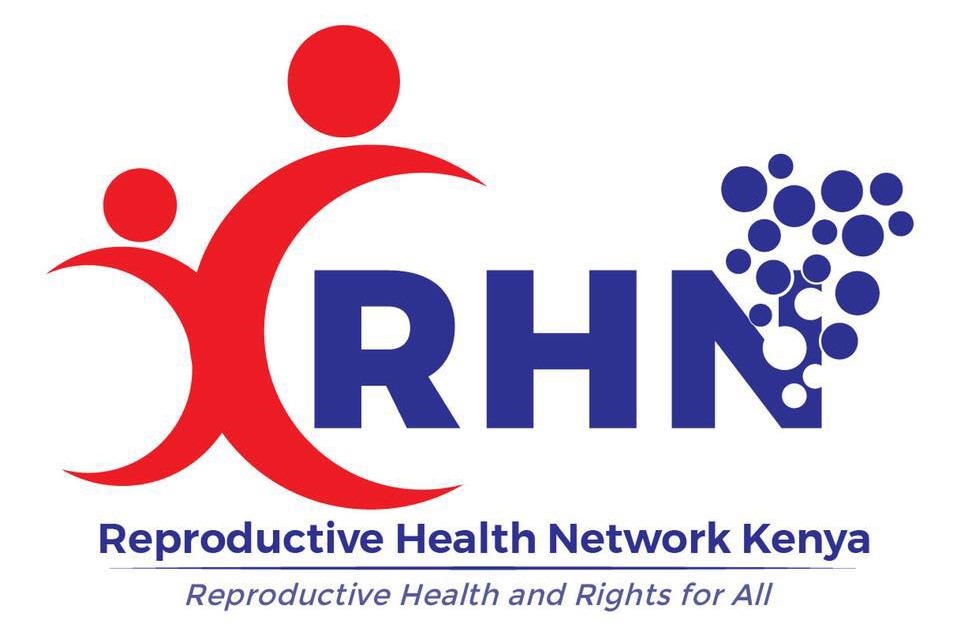

| 19 January 2024
Gestos - Brazil
Gestos is a philanthropic organization founded in 1993 by sociologist Acioli Neto, journalist Alessandra Nilo, sociologist Márcia Andrade and social worker Silvia Dantas. The first project developed was supported by MISEREOR and focused on psychological care for people living with AIDS, as well as the training of information multipliers in the poorest communities of the Metropolitan Region of Recife. Since then, they have effectively contributed to guaranteeing the human rights of people living with HIV and AIDS. About 70% of the people who have sought legal support from the institution have had their rights redressed, through precautionary measures and sentences, which today are even part of the list of jurisprudence on the subject of Law and AIDS. Throughout its history, the organization has considered communication as fundamental in the fight against AIDS and has fought to expand this understanding in Pernambuco, Brazil and Latin America. This vision has consolidated Gestos as an important reference in Communication and AIDS in the country, with special emphasis on discussions on Public Policies on Health Communication. They also help to form new civil society organizations, such as the National Network of People Living with HIV/AIDS (RNPVHA - 1995), the Positive Work Group - GTP+ (2000), the Group of Positive Actions (2003), the Group of Support to HIV Positive People (GASP) 2003, Acts of Citizenship (2006). From 2007 to 2011, Gestos created and coordinated the UNGASS-AIDS Forum on Sexual and Reproductive Health, where it oversaw the implementation of agreements signed at the UN in sixteen developing countries. The UNGASS-AIDS Forum has established itself as a space for political debate on issues related to HIV and AIDS and sexual and reproductive health and rights. They are also a consultative NGO at the UN, with ECOSOC status since 2017. Instagram Twitter

| 27 June 2024
Reproductive Health Network Kenya
The Reproductive Health Network Kenya (RHNK) is a network of health professionals within private and public facilities committed to Comprehensive Sexual and Reproductive Health and Rights, advocacy and service provision. The network was formed to provide evidence-based information and quality comprehensive reproductive health services in Kenya. RHNK’s main strategic goal is to contribute to the reduction of maternal morbidity and mortality with a focus on the two among other five causes of maternal mortality and morbidity which is postpartum haemorrhage and unsafe abortion. RHNK runs a network of trained Adolescents and youth headed by RHNK adolescents and youth program officer. The adolescents and youth network is effective in providing CSRH information, referrals and linkage to services. With the rising opposition which was witnessed immediately after the reinstatement and expansion of the global gag rule also known as the Mexican policy, RHNK with other civil society organizations developed Strategies to counter opposition. The pool of RHNK trained health care providers to provide SRH information and services, including comprehensive abortion care across the country. Training of the network providers on SRHR Law, policies and communications. RHNK works with the Center for Reproductive Rights CRR who provides strategic litigation and pro-bono legal support to the Network providers. Read the RHNK 2021 Annual Report here. Follow RHNK on Twitter, Facebook and You Tube. See the RHNK website here.







